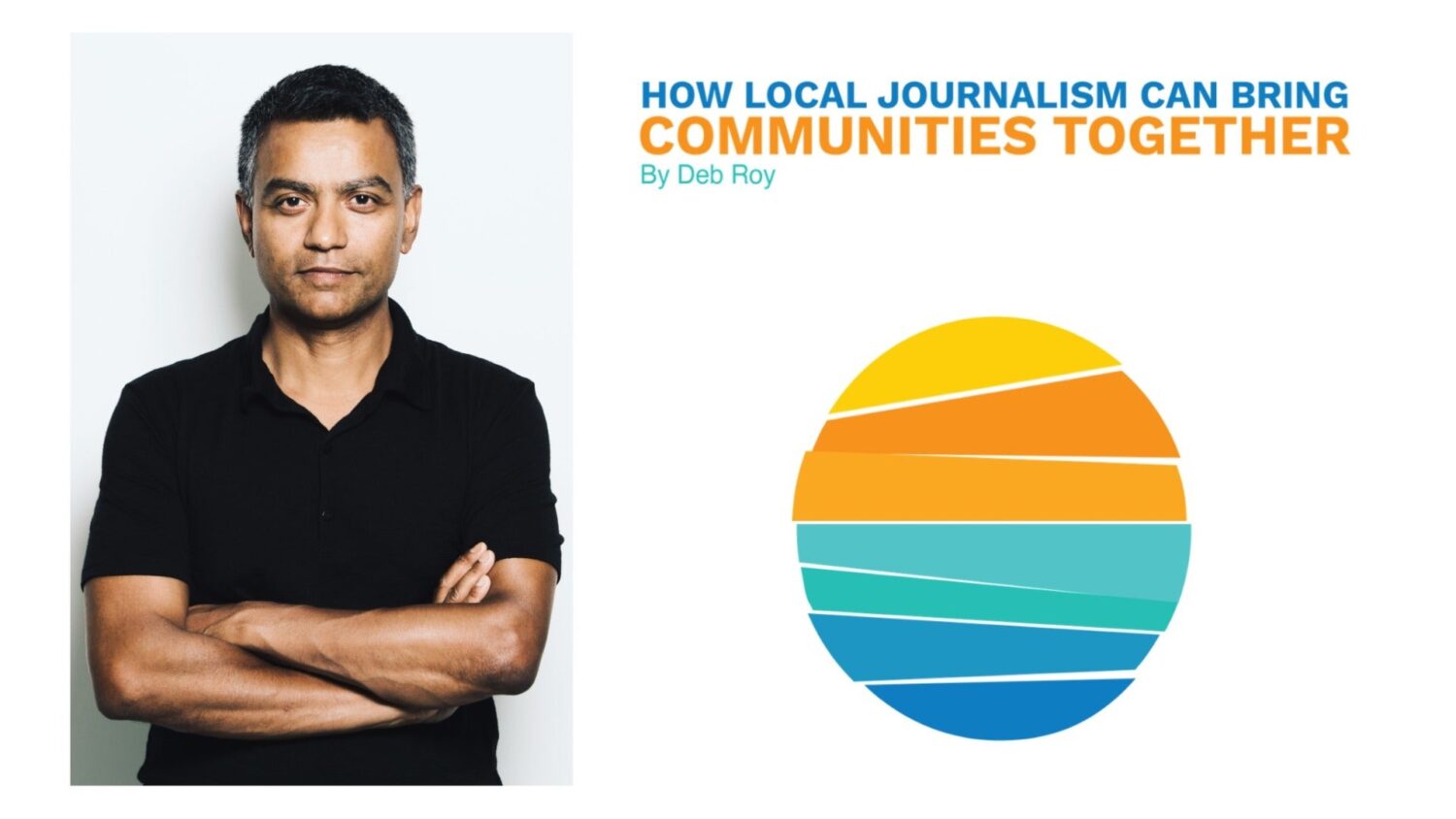The Institute launched the Aspen Tech Policy Hub in 2019 to bridge the gulf between the US government and the technology industry. Technology innovation and policy development largely occur independently of one another, despite the critical role technology plays in shaping society. The hub is changing that by empowering technologists to learn more about policy. The fellowship program trains technologists in the policy process during a 10-week in residence program in the Bay Area. The first four weeks feature an intensive policy bootcamp: fellows study government structures, learn how to advocate for innovative solutions, and hear from technology and policy experts on critical issues of the day. Fellows then spend the next six weeks of the program iterating, developing, and advocating for an innovative solution to a policy problem they are passionate about. Since the 2019 launch, the hub has hosted two cohorts of 15 fellows each. Fellows have gone on to make considerable impact in the technology policy world, creating new nonprofits, changing careers, and affecting corporate culture. Below, three fellows share their experiences.
 Tech and Education
Tech and Education
MADISON JACOBS
Head of Marketing and Communications, Public Rights Project
When I heard about the Aspen Tech Policy Hub, I was working at Google. I remember feeling immediately compelled to apply. After spending a decade leading product marketing initiatives and loving my work (while hating the systems of oppression that plague Black folks in a predominantly white Silicon Valley), I felt hungry to learn about the ins and outs of policy to drive positive change for the underserved. I had grown so tired of seeing people of color get shortchanged in many areas of their lives and not seeing enough actionable policies in place to help shift this narrative— especially in government. My hub journey armed me with the skills I needed to understand how policy is effectively ideated, created, and adopted, and it ignited a passion for public service in me.
At the hub, Nidhi Hebbar, another fellow and education technology expert, and I poured our minds and souls into the EdTech Equity Project, which provides edtech companies with tangible, technical practices for more equitable product design and development. It also guides schools to prioritize racial equity during the edtech evaluation and procurement process. We want to create strong partnerships across schools, communities, and the edtech industry to champion the needs of students of color. After completing the hub fellowship, I joined the Public Rights Project—a national nonprofit that builds state, local, and tribal governments’ capacity to equitably enforce residents’ rights—and am now leading their communications team.
I’m thankful to the hub for creating space for me to do work that is so important—and for its continued support as I light the torches of action that ensure the fight for justice always shines bright.
edtechequity.org | publicrightsproject.org
 Tech and Crisis Response
Tech and Crisis Response
RAYLENE YUNG
Co-founder and CEO of US Digital Response
I now lead an organization that works with government partners in 36 states and territories. But before the Aspen Tech Policy Hub fellowship, this would have been unthinkable to me. I’d spent my career immersed in the tech industry, leading engineering teams through rapid scaling and growth. The public sector is new to me. Within weeks at the hub, I learned how technology policy plays a role in everything from how quickly people receive benefits to how well voting systems function.
COVID-19 hit the United States just as our in-person fellowship was ending. Armed with new knowledge and a deep respect for the power of working across disciplines, I co-founded US Digital Response in March 2020 with help from another fellow, Jessica Cole. We started with a simple idea: how could volunteer tech talent team up with government to bring meaningful and effective change to outdated systems and services in a time of crisis? What started as a pop-up volunteer organization has since turned into a philanthropically funded, full-scale, rapid-response network with thousands of technologists standing by to help and over 100 projects completed across 36 states and territories. So far, US Digital Response teams developed a template for an elections-information website that is in use across a dozen counties, helped the Commonwealth of Pennsylvania track and model hospital capacity at the peak of the pandemic, and created a system to let small businesses in California find out if they’re eligible for stimulus funds. And we’re just getting started.
 Tech and Justice
Tech and Justice
ALLISON DAY
Program Manager, Google Assistant
I work at Google alongside teams of engineers, product managers, creative writers, and linguists to bring the Google Assistant—next-generation artificial intelligence—to life. Before coming to tech, I worked in social services combating cycles of violence, homelessness, and poverty. There is a stark contrast between building cutting-edge technology and providing basic shelter and safety to society’s most vulnerable. Coming to tech, I wanted to make a broader impact for justice, equity, and inclusion than I was able to do in direct social work. I needed to figure out how to bridge the gap between tech’s power players and the people who have fallen through the cracks.
At the Aspen Tech Policy Hub, I spent a jam-packed summer learning about policymaking, critical dialogue, and hands-on advocacy projects. The hub was a once-in-a-lifetime opportunity to engage deeply on critical contemporary questions around tech policy with a diverse group of passionate and talented technologists who share a mission to change the world for the better. I emerged with solid experience building policy outputs through my fellowship project, which improves data accountability within the criminal justice system.
I returned to Google equipped with new advocacy tools and a deepened perspective, and I was better able to impact tech product development. I’ve since been deeply involved with internal product and policy efforts around tech equity and inclusion, and I am active in rapid-response efforts for emerging social and political issues in this unprecedented year. The hub allowed me to combine my tech and civic experience for social justice.










